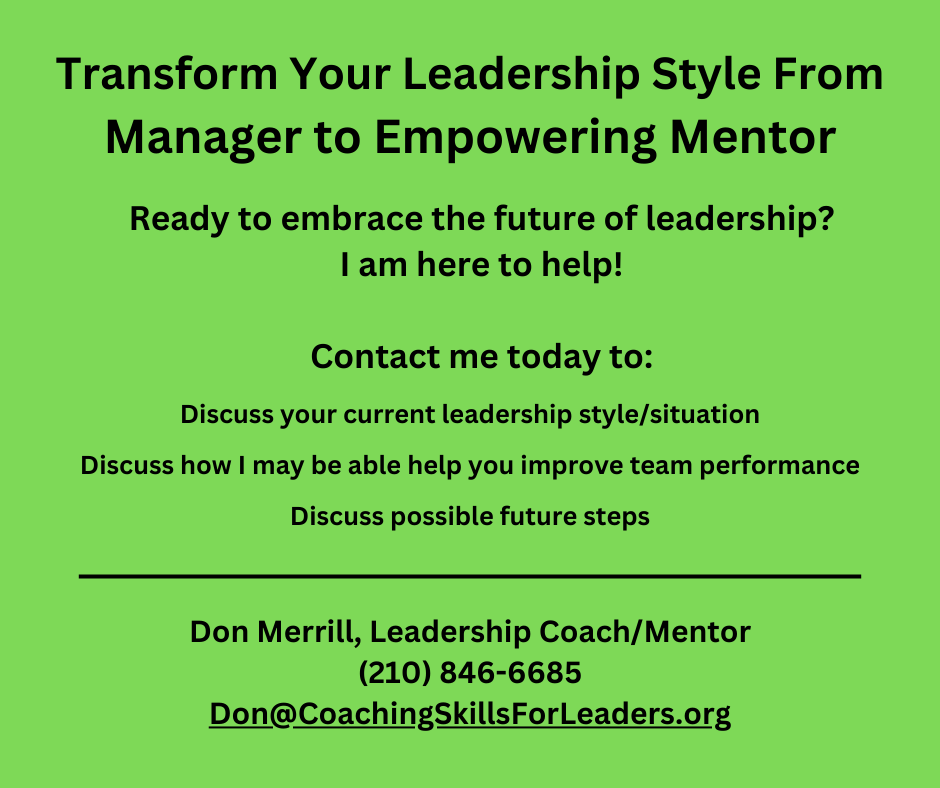Effective listening is a cornerstone of successful leadership and personal development. However, various barriers can impede our ability to listen actively and empathetically. By identifying and overcoming these barriers, we can foster continuous improvement in our communication skills and overall effectiveness. Here’s how you can tackle listening barriers and embrace a mindset of continuous improvement.
Basic Listening Barriers
Here are the top 10 barriers to active listening:
- Distractions: External noise, digital interruptions, and multitasking can divert attention from the speaker.
- Prejudices and Biases: Preconceived notions about the speaker or topic can cloud judgment and hinder open-minded listening.
- Emotional Reactions: Strong emotions, whether positive or negative, can affect the ability to listen objectively.
- Information Overload: Being bombarded with too much information at once can make it difficult to process and retain key points.
- Lack of Interest: When the topic doesn’t engage the listener, their mind tends to wander, leading to inattentiveness.
- Judging: Forming opinions about the speaker or their message before they have finished speaking can prevent full understanding.
- Interrupting: Cutting off the speaker before they have completed their thoughts disrupts the flow of communication.
- Thinking Ahead: Planning a response while the other person is speaking can distract from truly hearing their message.
- Physical Barriers: Environmental factors like poor acoustics, uncomfortable seating, or physical distance can impede listening.
- Physiological Barriers: Physical conditions such as fatigue, illness, or stress can affect concentration and listening ability.
Recognizing these listening barriers is the first step towards improving your listening skills.
Overcoming Listening Barriers
Leaders can overcome barriers to active listening by implementing several strategies:
- Minimize Distractions: Choose quiet locations for conversations, turn off notifications on devices, and close doors to reduce interruptions. During video calls, minimize other screens and turn off self-view.
- Address Prejudices and Biases: Cultivate open-mindedness by setting aside preconceived notions about the speaker or topic. Approach each conversation with a willingness to consider new perspectives.
- Manage Emotional Reactions: Recognize and regulate your emotions. Take a moment to calm down if you feel overwhelmed, ensuring you can listen without judgment.
- Avoid Information Overload: Break down complex information into manageable parts. Summarize key points and ask for clarification if needed.
- Engage with the Topic: Find aspects of the conversation that interest you. Ask questions to deepen your understanding and maintain engagement.
- Suspend Judgment: Listen to the speaker without forming opinions until they have finished speaking. This helps in fully understanding their message.
- Practice Patience: Allow the speaker to complete their thoughts without interrupting. This shows respect and helps in gathering complete information.
- Stay Present: Focus on the speaker and avoid planning your response while they are talking. This ensures you fully grasp their message.
- Create a Comfortable Environment: Ensure the physical setting is conducive to listening. This includes good acoustics, comfortable seating, and appropriate distance.
- Take Care of Your Well-being: Address any physical conditions like fatigue or stress that might affect your concentration. Ensure you are well-rested and in good health for important conversations.
By adopting these strategies, leaders can enhance their listening skills, leading to better communication and stronger relationships with their teams.
Embracing Continuous Improvement
- Seek Feedback: Regularly ask for feedback on your listening skills from colleagues, friends, or mentors. Constructive criticism can highlight areas for improvement.
- Reflect and Self-Assess: After conversations, take time to reflect on your listening performance. Identify what went well and what could be improved.
- Engage in Active Listening Exercises: Practice active listening techniques, such as maintaining eye contact, nodding, and summarizing what the speaker says.
- Learn from Others: Observe and learn from effective listeners around you. Notice their techniques and incorporate them into your own practice.
- Commit to Lifelong Learning: Stay curious and open to learning new communication strategies. Attend workshops, read books, and participate in training sessions focused on listening skills.
Conclusion
The benefits of effective listening are numerous. It fosters stronger relationships, improves productivity, enhances problem-solving abilities, leads to better decision-making, and promotes personal growth. By overcoming listening barriers and practicing effective listening techniques, we can cultivate deeper connections, build stronger teams, and achieve greater success.
So, the next time you’re in a conversation, remember to truly listen. Put away your phone, maintain eye contact, and focus on the speaker. Ask clarifying questions, paraphrase their message, and validate their feelings. By doing so, you’ll not only improve your communication skills but also strengthen your relationships and achieve your goals.
I hope you found this article informative and helpful,
Don Merrill, Leadership Coach/Mentor
Don@CoachingSkillsforLeaders.org
Website: CoachingSkillsForLeaders.org
PS: Please share/repost this article for others to see.
Related Articles:
Barriers to Effective Listening
HBR: How to Become a Better Listener
11 Barriers to Effective Listening and Tips to Overcome Them
Related Videos:
Barriers to Effective Listening Skills Top 6
11 Barriers to Effective Listening and Tips to Overcome Them
Barriers to Effective Listening – Active Listening – Communication Skills
